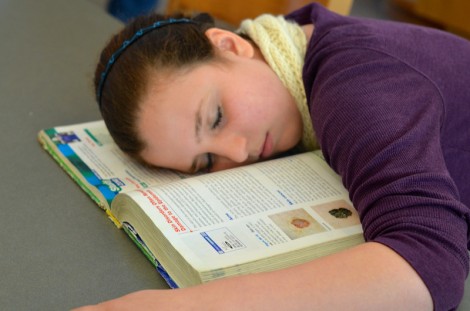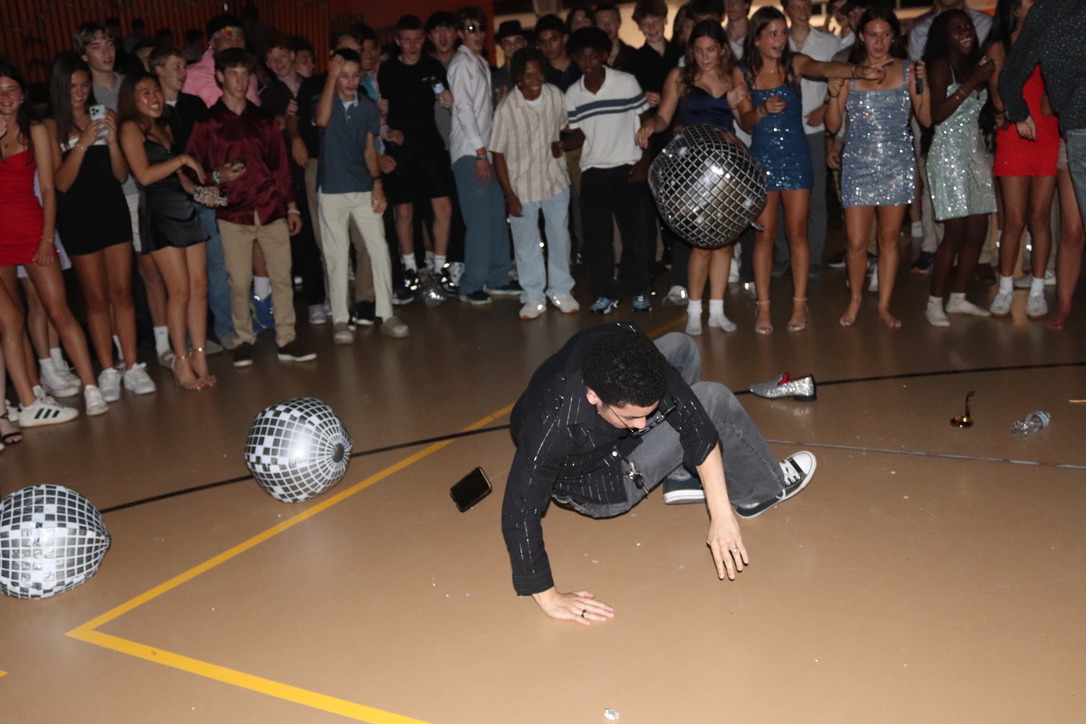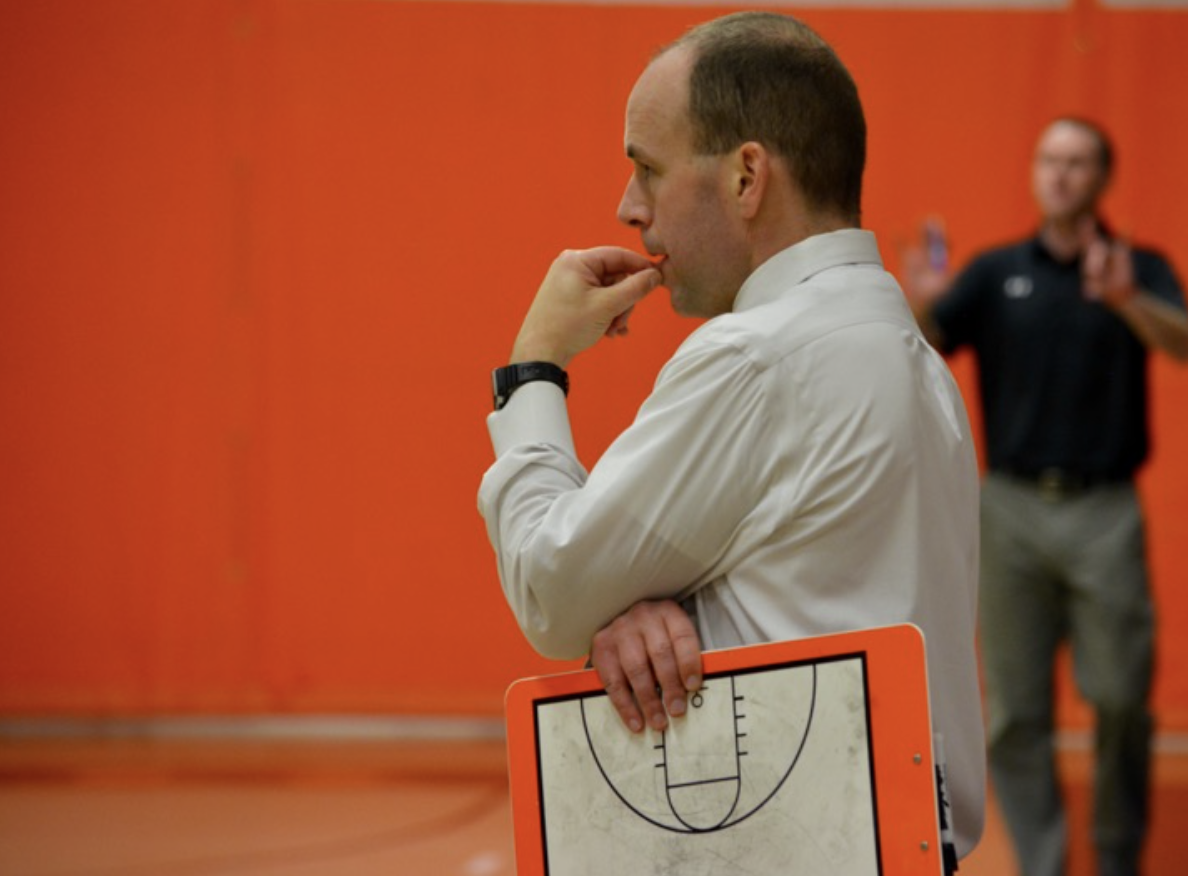A look into the effects of sleep deprivation
February 13, 2014

It’s 7:33 a.m. and you are in your first period class. The teacher is saying something important about what’s going to be on the next test, but you are using all of your energy to keep your eyes open. You can hear your friend mumble something to you, but you’re not sure exactly what was said.
Classes start at 7:30 a.m. at WHS. Fifty percent of students’ parents in grades 9-12 reported that school started before 8 a.m. in a poll conducted by NPR, the Robert Wood Johnson Foundation and the Harvard School of Public Health. However, in many school districts, there have been efforts to push high school start times later based on research about teenagers’ sleep habits.
These districts include ones in Massachusetts, such as Duxbury and Sharon, which have changed their high school start times from 7:30 to 8:20 in Duxbury and 8:05 in Sharon.
Teens need eight and a half to nine and one quarter hours of sleep each night according to the National Sleep Foundation. NSF also relays that only 15% of students reported getting eight and a half hours of sleep on school nights, less than the optimal nine and one quarter hours that student perform best with.
It is actually harder for teens to fall asleep early enough to get the required hours of sleep than it is for younger children. Humans’ biological clocks shift during adolescence, so teens may only start to feel sleepy at 11 p.m. or later. If a student goes to sleep at 11 p.m. and has to wake up at 6 a.m., then it’s impossible for them to get the recommended amount of sleep.
Lack of sleep may affect academic performance and physical growth as well as students’ moods and how they interact with family and friends. Students who get enough sleep have a reduced likelihood of tardiness and absences according to National Sleep Foundation.
In the long term, sleep deprivation is associated with high blood pressure, heart attacks, heart failure, stroke, obesity and psychiatric problems according to Dr. Michael J. Breus.
Tired students can also have an increased risk of a car accident on their way to school.
“I’ve actually had over the years several students tell me they’ve fallen asleep at the wheel driving to school,” psychology teacher Erin Lehmann said. “I knew a student who fell asleep and went off the road. She was okay, but there was minor damage to her car.”
A report published by AAA Foundation for Traffic Safety, says that 16.5% of the car accidents with a fatality were caused by a drowsy driver. One in seven licensed drivers ages 16 to 24 have admitted they have fallen asleep while driving in the past year according to the same report.
Despite this, some students believe that it isn’t possible for the administration to push school start times back, and students can solve the problem of not getting enough sleep by going to sleep earlier.
“I wish [the school start time] was an hour later, but I know that it would mess up the sport schedule if it did,” freshman Cara Jones said. “We can’t have sport practices going too late, so I think we can sacrifice an hour of sleep. People should just go to bed earlier if they are so tired.”

![During the WHS club fair, senior Molly Bergeron is watching a student sign up for her club, Eliza J. Norton Foundation. In this club, students meet every week and come up with ideas to spread the message. "[This club] really touches a lot of people in the town," Bergeron said.](https://waylandstudentpress.com/wp-content/uploads/2025/10/IMG_1335-1200x800.jpg)

























anonymous • Feb 14, 2014 at 2:44 PM
Who gets "the optimal nine and one quarter hours" of sleep every night??? That sounds like heaven. i.e. it would be awesome but doesn't exist